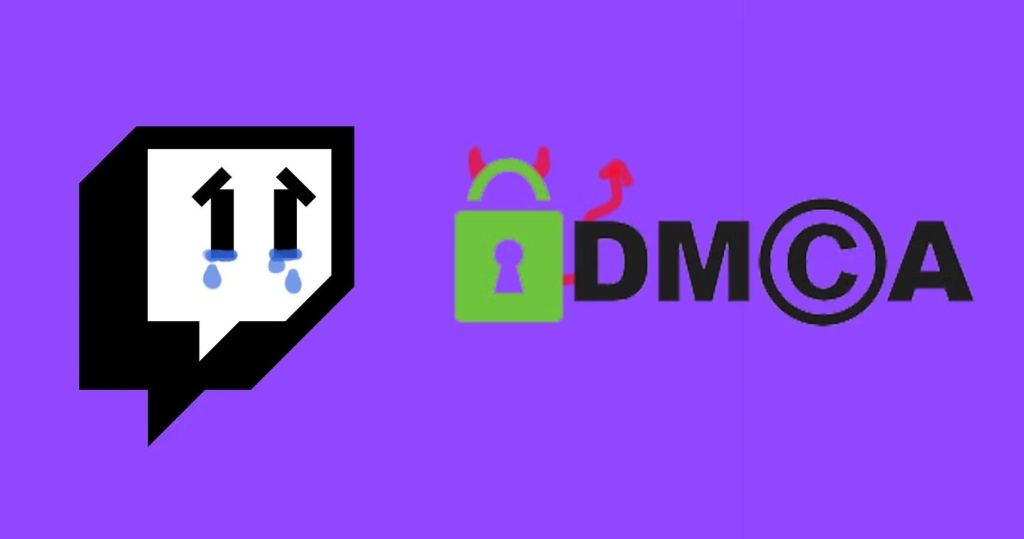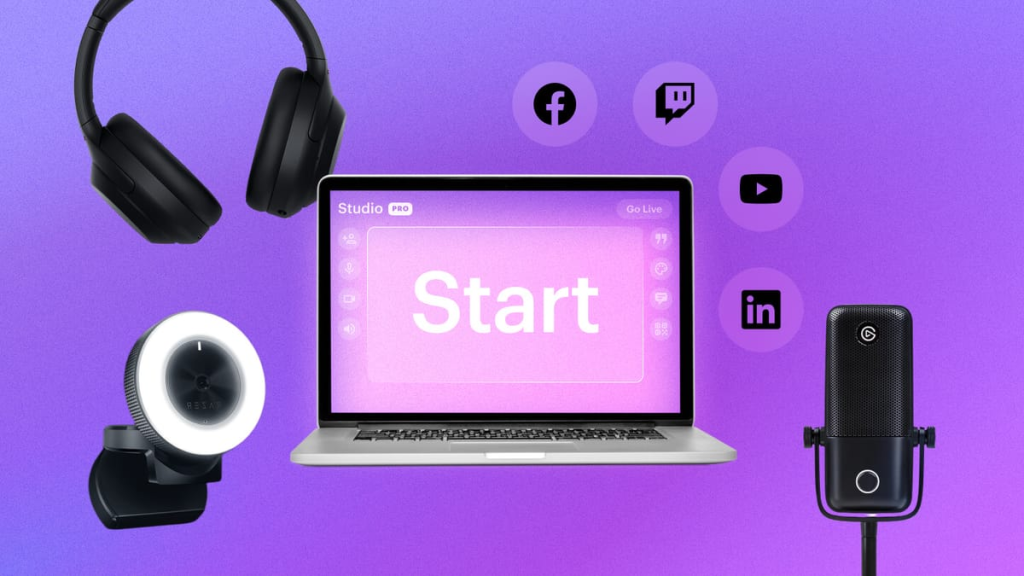
Level Up Your Marvel Rivals Gameplay
Capture your epic wins, clutch moments, and even hilarious fails with Eklipse. Easily create and share highlight reels with your friends—even if you're not streaming!
Learn MoreThe legal intricacies of streaming copyright, DMCA, and fair use pose challenges for content creators, platforms, and copyright holders alike. As streaming continues to dominate the digital landscape, the rules governing how copyrighted material is used and protected are constantly evolving. For streamers, understanding the nuances of the Digital Millennium Copyright Act (DMCA) and the doctrine of fair use is essential to avoid penalties and ensure their creative content thrives.
This guide explores the implications of the DMCA for digital platforms and streamers, the role of fair use in protecting creative freedom, and the ongoing challenges creators face while navigating copyright laws.

What Is the DMCA and How Does It Affect Streamers?

The DMCA, introduced in 1998, provides a legal framework to address copyright issues in the digital era. It aims to balance the rights of copyright owners with the operational needs of online platforms. One of its key components, the safe harbor provision, shields platforms like YouTube and Twitch from liability for user-generated content, provided they promptly act on valid takedown requests.
For streamers, this means that any unauthorized use of copyrighted material can result in DMCA strikes. Multiple strikes can lead to account suspension or bans, creating a challenging environment for creators who rely on transformative uses of copyrighted content.
Understanding Fair Use in Streaming

Fair use serves as an exception to copyright law, allowing creators to use portions of copyrighted material for specific purposes like criticism, commentary, or education. While fair use can offer protection, its application is subjective and depends on four key factors:
- Purpose and Character of Use: Transformative works with educational or non-commercial intent are more likely to qualify as fair use.
- Nature of the Copyrighted Work: Creative works like movies and music typically receive more protection.
- Amount Used: Using smaller portions of a work increases the likelihood of fair use applicability.
- Market Impact: If the use adversely affects the market value of the original work, it may not qualify as fair use.
Streamers often rely on fair use to create reaction videos or commentary. However, the line between transformative content and infringement can be thin, leaving creators vulnerable to DMCA takedown notices.
Challenges and Risks for Streamers
Despite the protections of fair use, streamers face significant risks due to the DMCA’s strict enforcement. Platforms like Twitch have seen a surge in copyright claims, prompting account bans and content deletions. Reaction-based content, in particular, is frequently targeted, even when creators argue their work is transformative.
The lack of clear guidelines for fair use in streaming creates uncertainty. Content that might qualify as fair use in one case could lead to takedowns in another, making it essential for streamers to tread carefully when incorporating copyrighted material.
Future Considerations
The rapidly evolving nature of digital media highlights the need for updated copyright laws. Proposed reforms aim to clarify fair use definitions and introduce streamlined processes for resolving disputes, such as small-claims tribunals. These changes could help strike a better balance between protecting copyright holders and enabling creative expression.
Streamers can also take proactive steps to protect their content, such as using royalty-free music, obtaining proper licenses, or leveraging tools provided by platforms to check for potential copyright issues.
Final Thoughts
Navigating the complex landscape of streaming copyright, DMCA, and fair use requires creators to stay informed about their rights and responsibilities. By understanding the DMCA’s provisions and the nuances of fair use, streamers can create engaging content while minimizing risks.
As discussions around copyright law reform continue, the goal remains to foster an environment where creativity and innovation can thrive without compromising the rights of content owners.
🎮 Play. Clip. Share.
You don’t need to be a streamer to create amazing gaming clips.
Let Eklipse AI auto-detect your best moments and turn them into epic highlights!
Limited free clips available. Don't miss out!
